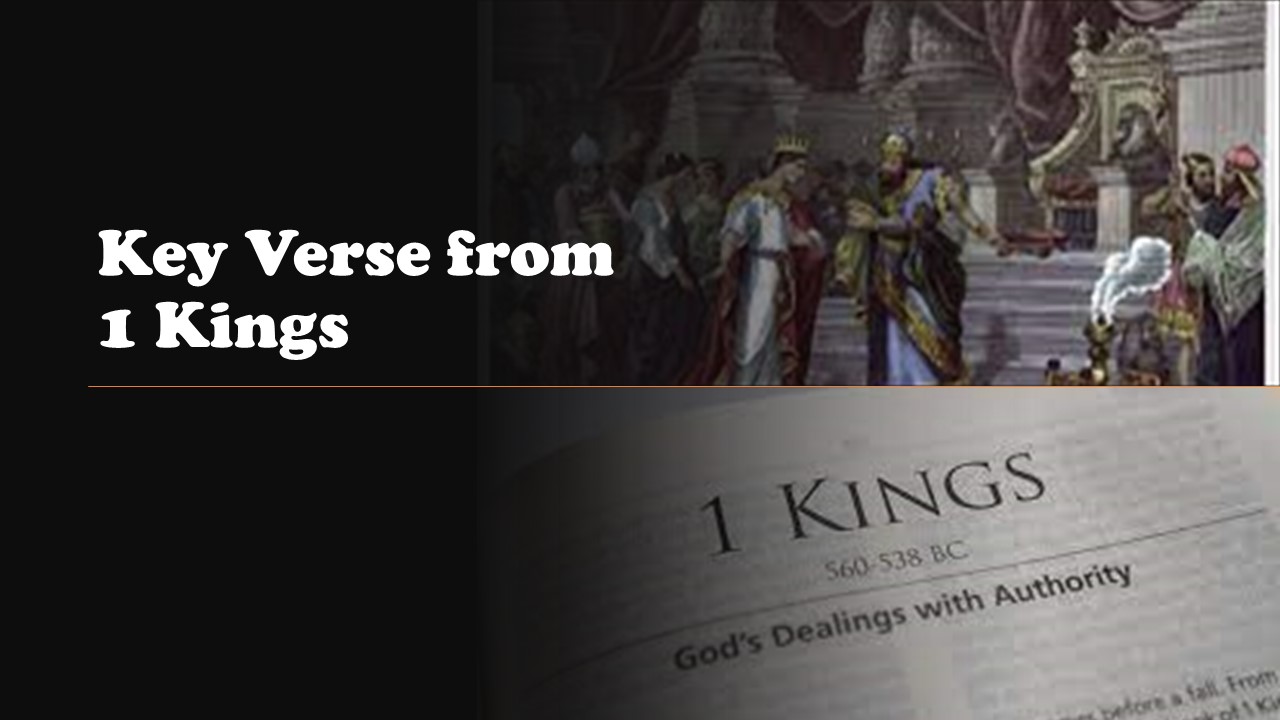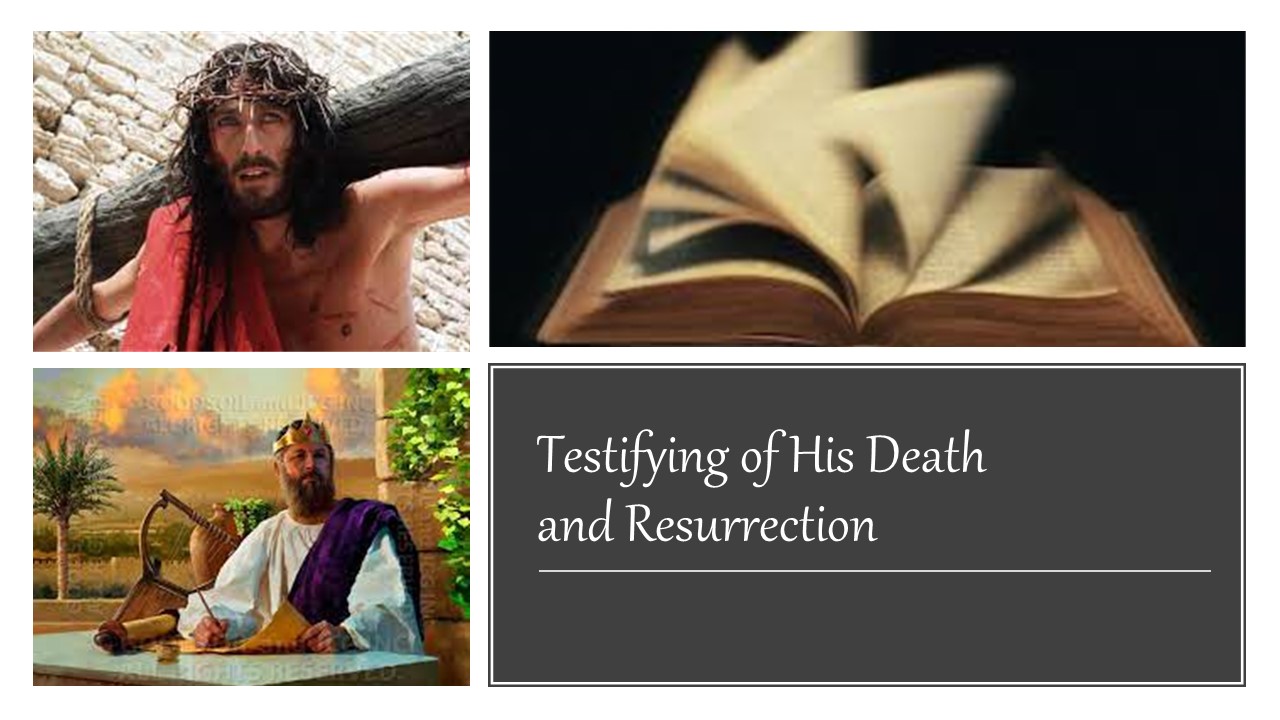The Sabbath, established during Creation, is a cornerstone of God’s design for humanity, offering rest, renewal, and a deep connection with the Creator. As the first day sanctified by God, the Sabbath is a weekly reminder of His creative power and sovereignty. It also reflects His intention for humanity to live in a balanced rhythm of work and rest, ensuring physical, spiritual, and emotional well-being. Through the Sabbath, God provided a day to prioritize worship, community, and reflection, inviting His people into a perpetual covenant of love and trust.
In Jesus’ life and ministry, the Sabbath’s purpose as a day for healing, restoration, and mercy is affirmed. His teachings and miracles on the Sabbath emphasized its significance as a time for doing good and experiencing God’s grace. Beyond its present-day observance, the Sabbath holds eschatological importance, pointing forward to the eternal rest promised in God’s kingdom. By keeping the Sabbath, believers honor God’s creative and redemptive acts while anticipating the ultimate fulfillment of His promises.
The Sabbath’s practical benefits extend beyond theology, offering a day of physical rest, spiritual renewal, and communal connection. It serves as a sign of God’s covenant with all humanity, highlighting its universal applicability and timeless relevance. Observing the Sabbath aligns believers with God’s divine rhythm, offering a foretaste of the eternal peace and joy to come. Through the Sabbath, God invites all people into a sacred pause, testifying to His glory and deep care for His creation.

What are some verses in 1 Kings on which we ought to meditate? Scriptures referenced include Joshua 21:45 and more than 11 different passages...

Every aspect of the birth, life, death and resurrection of Jesus the Messiah had been prophesied in the Hebrew Scriptures long before the events...

Joel 2:1, “Blow the trumpet in Zion; sound the alarm on my holy hill. Let all who live in the land tremble, for the...